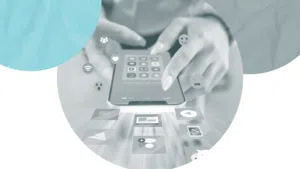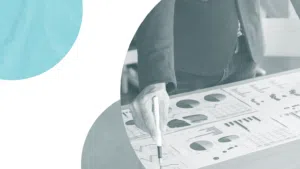Why Your Business Needs a Media Training Workshop
Media interactions have become a key part of business communication. Whether you’re launching a new product, managing a crisis, or simply raising awareness about your brand, how you and your team communicate with the media can make or break your public image. A media training workshop is an essential tool that equips your business with the skills to handle interviews, press conferences, and public statements effectively.
Let’s explore why your business needs a media training workshop and how it can benefit your team in the long run.
The Importance of Media Training for Businesses
Every interaction with the media can have lasting effects on how your business is perceived. Public speaking or facing journalists without proper preparation can lead to damaging missteps. A well-conducted media training workshop prepares your team to handle these situations with confidence and clarity, ensuring that your business’s message is communicated effectively.
Why Media Training is Crucial for Reputation Management
Your business reputation is one of its most valuable assets. A single negative interaction with the media can spiral into a crisis that damages customer trust and brand credibility. Media training helps you manage these high-stakes moments by teaching your team how to:
- Respond confidently to difficult questions.
- Deliver clear, concise messages.
- Avoid common pitfalls like jargon or over-promising.
- Stay calm under pressure and maintain a positive image.
A media training workshop provides practical skills to avoid these risks and protect your business’s reputation.
Enhancing Communication Skills
Strong communication skills are at the heart of successful media interactions. Whether it’s an on-camera interview or a written press statement, every word, tone, and gesture matters. A media training workshop offers valuable techniques for honing these skills, including:
- Articulation: How to convey your key messages clearly.
- Body language: How non-verbal cues like eye contact and posture can enhance your message.
- Tone control: Adjusting your voice to ensure it matches the seriousness or positivity of the situation.
By improving communication skills, your team will be more confident in delivering messages that resonate with the media and your target audience.
How Media Training Prepares Your Team for Different Scenarios
Different media interactions require varying levels of preparation. A comprehensive media training workshop provides your team with the ability to handle different scenarios, from promotional interviews to crisis management situations. Here are some key areas where media training will prepare your team:
-
Handling Press Conferences and Public Appearances
Public appearances, such as press conferences, are often high-pressure events. Being unprepared can result in mixed messages or even viral blunders that harm your brand. Media training offers techniques for:
- Preparation: Creating talking points and anticipating difficult questions.
- Coordination: Ensuring that your team is on the same page, with consistent messaging across all communications.
- Confidence: Teaching how to project confidence and authority, even under intense questioning.
These skills ensure that your business remains in control of the narrative, regardless of the media environment.
-
Navigating Live TV or Radio Interviews
Live interviews require a unique set of skills, as there is no room for editing or revision. Any mistakes are immediately broadcast to your audience. A media training workshop can prepare your team for these challenging situations by teaching them how to:
- Stay on message: Keeping the conversation focused on key points without getting sidetracked.
- Handle tough questions: Responding to difficult or leading questions without appearing defensive.
- Manage time: Staying concise and finishing strong within the limited time available.
Mastering live media interactions will help your business come across as composed, informed, and credible.
-
Crisis Communication: Responding in High-Stakes Situations
Every business is bound to face a crisis at some point. How you respond in those moments can have long-lasting effects on your reputation. A media training workshop will prepare your team to handle crises by:
- Crisis messaging: Developing a clear and consistent message that addresses the issue without fueling panic.
- Damage control: How to respond to negative coverage, social media backlash, or unexpected questions.
- De-escalation techniques: Remaining calm and composed to prevent the crisis from worsening.
With effective crisis communication skills, your business can maintain public trust, even in the most challenging situations.
The Key Components of an Effective Media Training Workshop
A well-designed media training workshop includes several critical components to ensure participants are well-prepared for any media interaction. Here’s what you can expect from a comprehensive program:
Media Strategy Development
Before any media interaction, it’s essential to define your strategy. What is the goal of the interaction? What message do you want to convey? A media training workshop will teach your team how to:
- Develop a core message: Ensuring that all responses tie back to a central, cohesive point.
- Align with business objectives: Crafting messages that support broader business goals, such as brand awareness or reputation building.
- Anticipate challenges: Identifying potential areas of scrutiny and preparing to address them.
Mock Interviews and Role-Playing
One of the most effective ways to improve media skills is through practice. A media training workshop will include mock interviews and role-playing exercises where participants can:
- Experience real-world scenarios: Simulate various types of media interactions to build confidence.
- Receive constructive feedback: Coaches and peers provide insights on areas of improvement, from message delivery to body language.
- Learn from mistakes: Practical experience helps participants identify and address weaknesses before facing actual media.
Non-verbal Communication Mastery
It’s often said that non-verbal communication speaks louder than words. A successful media interaction isn’t just about what you say, but how you say it. Media training workshops will cover:
- Body language: How posture, facial expressions, and gestures influence perceptions.
- Eye contact: Establishing trust and credibility with your audience.
- Dress and appearance: Ensuring that your appearance matches the professionalism of your message.
Mastering non-verbal communication can dramatically improve your media interactions, helping your team appear more trustworthy and professional.
Crisis Communication Drills
Preparing for a crisis is one of the most valuable aspects of media training. Workshops often include crisis communication drills that simulate high-pressure situations. Participants will learn how to:
- Formulate quick responses: Developing clear, confident responses in real-time.
- Mitigate damage: Minimizing the impact of negative media coverage through carefully crafted messaging.
- Work with PR teams: Coordinating efforts between spokespeople, public relations, and legal teams to ensure a unified front.
These drills offer hands-on experience in managing potential crises, helping your business avoid costly public relations disasters.
The Long-Term Benefits of Media Training
Investing in a media training workshop provides numerous long-term benefits for your business. Let’s explore some of the ways this training can have a lasting positive impact:
-
Increased Confidence Across the Team
One of the key outcomes of media training is increased confidence. Team members who participate in the workshop will feel more comfortable and prepared to handle media interactions, from one-on-one interviews to public speeches. This confidence extends beyond media appearances, improving overall communication skills across your organization.
-
Consistent and Cohesive Messaging
Media training ensures that everyone in your business is aligned with your brand’s message. This consistency is crucial, especially in large organizations where multiple team members may interact with the media. A cohesive message helps build trust with your audience and prevents mixed signals that can harm your brand image.
-
Reduced Risk of Negative Coverage
As mentioned earlier, unprepared media interactions can lead to negative press, damaging your reputation and credibility. Media training significantly reduces this risk by equipping your team with the skills to navigate difficult situations and avoid common pitfalls. A well-prepared spokesperson can turn a potentially harmful situation into a positive PR opportunity.
-
Enhanced Brand Credibility
Businesses that communicate effectively with the media are seen as more credible and trustworthy. A spokesperson who is calm, clear, and well-prepared reflects positively on the entire organization. Over time, these successful media interactions help build a strong, positive public image for your business.
Conclusion
A media training workshop is more than just a temporary skill-building exercise—it’s an investment in your business’s long-term success. Whether you’re aiming to boost brand awareness, manage a crisis, or improve internal communication skills, media training equips your team with the knowledge and confidence needed to navigate the complexities of today’s media landscape.
By mastering both verbal and non-verbal communication, preparing for various media scenarios, and aligning your messaging with business goals, a media training workshop can transform how your business interacts with the public. Don’t wait until a crisis hits—invest in media training today to ensure your business is always prepared to make a positive impression.
elevate your media interactions and protect your business’s reputation!
At Sash&Company, we provide the best media training workshop in Saudi Arabia, tailored to empower your team with the skills needed for seamless interviews, public appearances, and crisis communication. Our expert-led training sessions will ensure your team handles every media situation with confidence and professionalism.
Don’t leave your business’s image to chance—partner with Sash&Company for top-tier media training and comprehensive crisis management services. Contact us today to schedule your customized media training workshop!






